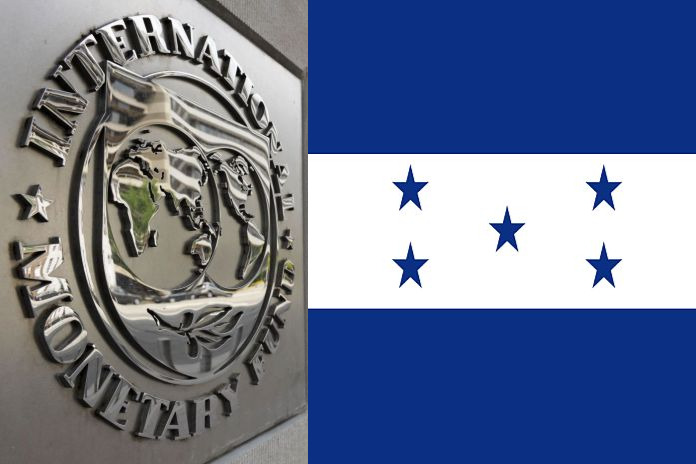WASHINGTON, USA – An International Monetary Fund (IMF) team led by Esteban Vesperoni conducted a mission via videoconference on the Third Review of Honduras’ IMF-supported program under the Stand-By Arrangement (SBA) and the Stand-by Credit Facility (SCF).
At the conclusion of the mission, Vesperoni issued the following statement:
“IMF staff and the Honduran authorities held productive discussions regarding Fund support for the authorities’ economic policies, including the evolving policy response to the pandemic. Subject to approval by the IMF Executive Board, staff proposes completing the third review, which would allow a disbursement of SDR 62.5 million (about $88 million).
“The pandemic has slowed down economic activity more than previously anticipated. The surge in infections over the summer delayed the gradual exit from the lockdown required to alleviate pressures on the health system and protect lives. Together with a weaker external environment, this had an impact on growth and the fiscal outlook. The economy is now expected to contract by about 7 percent in 2020 and recover by close to 5 percent next year. At the same time, resilient remittances and low oil prices have supported the country’s external position.
“The authorities have adopted a range of fiscal, monetary and financial policy responses to the pandemic. The flexibility in the Fiscal Responsibility Law has allowed the authorities to respond to the crisis with a temporary increase in the deficit of the Non-Financial Public Sector in 2020-21. The deficit increase is mainly driven by lower tax revenues, while emergency expenditures to address the healthcare, humanitarian and economic crisis have been largely accommodated through budget reallocations.
“The authorities’ commitment to fiscal prudence over the medium term—with a projected return to the Fiscal Responsibility Law deficit limit in 2022—has been instrumental to maintain confidence and access to international capital markets. The authorities have also taken decisive monetary and financial measures to cushion the impact of the crisis, including by reducing the monetary policy rate, stepping up liquidity provision, implementing schemes to guarantee new credits—both to SMEs and large companies—and support restructuring of credits.
“The authorities are making remarkable efforts to adopt corrective actions to address implementation challenges faced in the initial phase of the pandemic, associated with flaws in emergency procedures adopted to allow swift execution of healthcare and other critical expenditures. The authorities’ sound monitoring system of pandemic-related spending and civil society oversight helped identify missteps in the initial implementation of these emergency expenditures. Corrective actions included the intervention of the agency initially in charge of emergency purchases and the transfer of these responsibilities to other specialized agencies, as well as additional enhancements to internal processes and controls for these purchases and their transparent reporting.
“Notwithstanding the challenges placed by the pandemic, the authorities have made important progress in implementing structural reforms needed to foster strong and inclusive growth, notably to enhance governance and improve the business environment. The authorities also maintain their commitment to mobilize revenue to protect social spending and investment, reform the electricity sector, and continue strengthening the monetary policy and financial regulatory and supervisory frameworks. Building on those implemented over last years, these reforms continue to strengthen Honduras’s policy framework.
“The mission held discussions with Central Bank Governor Wilfredo Cerrato, minister of finance Marco Midence, director of the tax agency Miriam Guzmán, president of the national commission of banking and insurance Ethel Deras, minister of general coordination Carlos Madero, and other members of the economic cabinet.
“The mission also met with authorities and technical teams of the ministry of health, ministry of labor, ministry of social development and inclusion, ENEE’s intervention board, the electricity sector regulator and system operator, and representatives of civil society, the private sector and the international community. The mission would like to thank the authorities and other counterparts for the excellent discussions.”





